Building Resilient Supply Chain Best Practices Benchmarking Metrics
Discover essential best practices and benchmarking metrics for building resilient supply chains. Learn how to enhance efficiency, mitigate risks, and ensure continuity in your supply chain operations through strategic planning and innovative solutions.
Building Resilient Supply Chain Best Practices Benchmarking Metrics
In today's rapidly evolving global marketplace, the resilience of supply chains has become a critical determinant of business success. Disruptions, whether due to natural disasters, geopolitical tensions, or unforeseen pandemics, can have far-reaching impacts on the flow of goods and services. As such, building resilient supply chains is no longer just a strategic advantage but a necessity. This involves not only understanding and mitigating risks but also benchmarking best practices and metrics to ensure continuous improvement and adaptability. By leveraging data-driven insights and industry benchmarks, organizations can identify gaps, optimize processes, and enhance their supply chain's ability to withstand and recover from disruptions. This approach not only safeguards operational continuity but also strengthens competitive positioning in an increasingly uncertain world.
Enhancing Supply Chain Agility Through Effective Benchmarking Strategies
Enhancing supply chain agility through effective benchmarking strategies involves systematically evaluating and comparing an organization's supply chain processes against industry best practices or competitors to identify areas for improvement. By leveraging benchmarking, companies can gain valuable insights into their operational efficiencies, cost structures, and responsiveness to market changes. This process enables organizations to pinpoint gaps in their supply chain performance and implement targeted strategies to enhance flexibility and adaptability. Effective benchmarking not only fosters a culture of continuous improvement but also equips businesses with the tools needed to swiftly respond to disruptions, optimize resource allocation, and maintain a competitive edge in an ever-evolving market landscape. Ultimately, by integrating benchmarking into their supply chain management, companies can achieve greater agility, resilience, and sustainability.
Benchmarking Metrics for Supply Chain Resilience
In conclusion, building resilient supply chains is essential for organizations to navigate the complexities and uncertainties of today's global market. By adopting best practices and benchmarking metrics, companies can enhance their ability to anticipate, respond to, and recover from disruptions. Key strategies include diversifying suppliers, investing in technology for real-time visibility, and fostering strong relationships with partners. Additionally, implementing robust risk management frameworks and continuously monitoring performance against industry benchmarks can help identify areas for improvement and drive resilience. Ultimately, a resilient supply chain not only safeguards against potential disruptions but also provides a competitive advantage by ensuring consistent delivery of products and services to meet customer demands.




